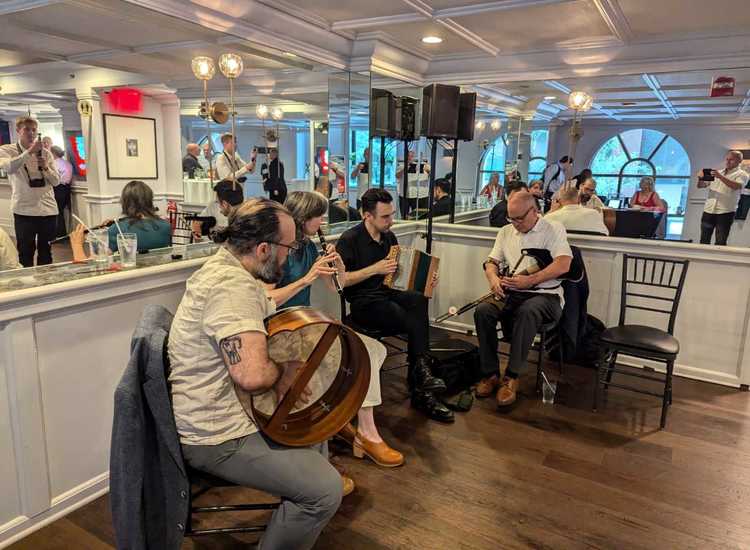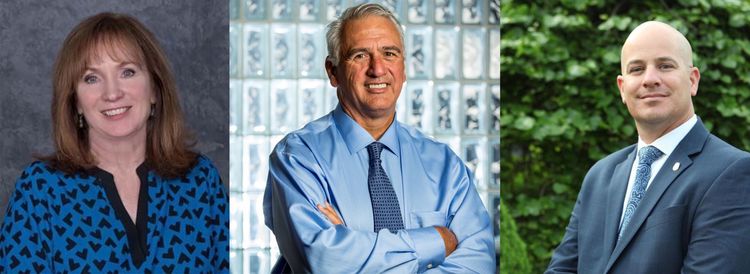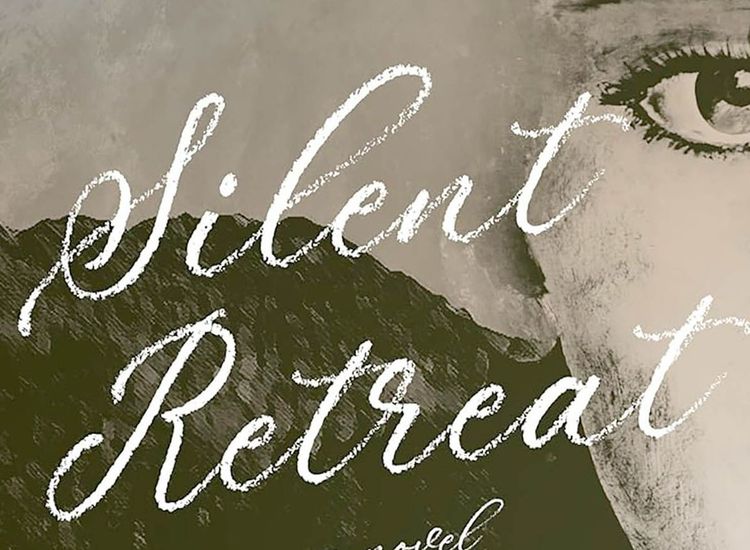Edel Meade.
Traditional Music / By Daniel Neely
“Brigids and Patricias” is the new album by County Tipperary singer Edel Meade. “A collection of original songs reflecting on what it means to be an Irish woman living in 21st century Ireland, shaped by historic events, Irish folklore and contemporary society at large,” the album covers a lot of musical and cultural ground and does so in a way that is both entirely challenging and deeply rewarding. This is a hard but ultimately beautifully wrought album that I think readers of this column will want to check out.
Meade is a fascinating character. She came from “a non-musical family” (her words) but had a musical bug and grew up singing in church choirs, school shows and local musical theatre productions. As an adult, she went to school for a career in journalism, but the call to music remained strong, and it was while on a semester abroad in Chicago she took a number of music courses that put her on a renewed and diverse musical path.
https://www.youtube.com/watch?v=4zL6YqrUjBo&feature=youtu.be
These studies gave Meade a grounding in jazz performance and history that is easy to hear (think Nina Simone and Billie Holiday). It’s also easy to hear her other inspirations, folks like Joni Mitchell and Bob Dylan. But the traditional element in her music is reasonably fresh and very apparent as well. A 2018 performance in Cuba led her to think it was time to connect with traditional music. This feeling led her to the University of Limerick’s Songwriting and Irish Traditional Music Performance programs where she received a master’s degree. This diversity factors into this album very heavily.
There’s a lot that can be said about the music here. Meade’s energy and outspokenness brings folks like Lankum, Lisa O’Neill and Karan Casey to mind. I find the directness that marks this album not unlike that on Cormac Breatnach’s “The Whistle Blower,” and her voice and stylistic fearlessness reminiscent of Eithne Ní Uallacháin’s. Although she might not be a dyed-in-the-wool traditional singer, there is a lot in her music for traditional music fans – singers, especially – to hear and be inspired by.
This being said, I don’t know that any of these comparisons were in her mind when she approached making this album. This is a one-woman production in which Meade performs all parts. The results are quite original and project a freedom unfettered by convention. The edge in this music is bracing, with an underlying anger that seems fueled by continual public scandal and a lack of accountability that affects all of Ireland, but women in Ireland in particular. And while it’s possible to draw on older repertory to address these feelings – as many traditional artists do – it is equally possible to address them with new music, which is the case here.
The album opens with “Song for Bridget Cleary,” a song that looks at the 1895 murder of the song’s titular character at the hands of her husband, who lit her on fire and justified the killing by arguing she had been abducted by fairies and replaced by a changeling. Meade’s delivery is chilling. Her approach sounds quite “traditional,” not materially unlike something you might hear from a sean nos singer, and it’s given remarkable depth by the arrangement, which consists of a sung drone alongside a recording of a bird-rich soundscape. It seems to root the song in place in a subtle but dramatic fashion that gives the lyrics a disturbing realism.
The next track, “Long Way To Go,” complements the first but also offers a drastic departure in style. Set as a hard-edged spoken word piece over a slow, single-note piano ostinato, the track begins with a shock, rehearsing the kinds of injurious commentary women are often subject to outside the home, but builds to the chilling statement that “women are more likely to be killed in their own homes by someone they know / we have a long way to go.” As was Bridget Cleary’s case.
https://www.youtube.com/watch?v=Nu-qsmyrB6E&feature=youtu.be
I think Irish listeners will hear “Long Way To Go” and recognize scandals, names, and stories that will surely trigger deep emotion. And it’s hard to not to be affected by it all, especially when Meade exhorts – with all directness – “Dáil Éireann, do better,” or when she asks “níl aon tintéan mar do thintéan fhéin and my fire is burning, what about our vision?” and “what do we have to do to make you believe?” just before the sounds of crowds chanting “I believe her!” begin. It’s powerful stuff.
“Ode To Old Noll-Ochón-Ó” is the album’s longest track, at just under nine minutes. Written by Ellen O’Leary and set to Meade’s music, it opens with the sounds of African instruments which sets a profoundly unsettling tone for a track that recalls the horrors of Cromwell. She moves through several narrative and stylistic moments here (some jazz inspired, some drawing on traditional song), with each fueled by different textures and sounds that speak to the weight of historical injustice in different and sometimes shockingly direct ways. The track’s false ending gives way to coda that takes a very “traditional” sounding approach and draws the track to an uncomfortable close. Again, this one can be hard to listen to, but it stands out as a particularly impressive track among a rake of impressive tracks.
The rest of the album is similarly great and while stylistically varied it is exceptionally cohesive. Meade modulates between styles very effectively – sometimes she sings in a way that sounds traditional, sometimes she sounds quite modern – which I think will resonate with listeners. I think, for example, of the tracks “Lady Icarus,” “Hold On” and “Not For This World,” each of which flash jazz and even rock influences and blend nicely with the more traditional sounding fare.
“Brigids and Patricias” is a powerful and fascinating record full of anger and strength. Meade is a brilliant singer who readers should better know because I think what she’s done here is extraordinary. I don’t know what it means to be an Irish woman in 21st century Ireland, but having listened to this album and the stories Meade tells, I believe she’s given acute insight into that experience in a way that helps me better understand and be a more complete ally. This all makes for excellent – but at times very tough – listening. I recommend it highly. For more information and to purchase, visit www.edelmeade.com.









